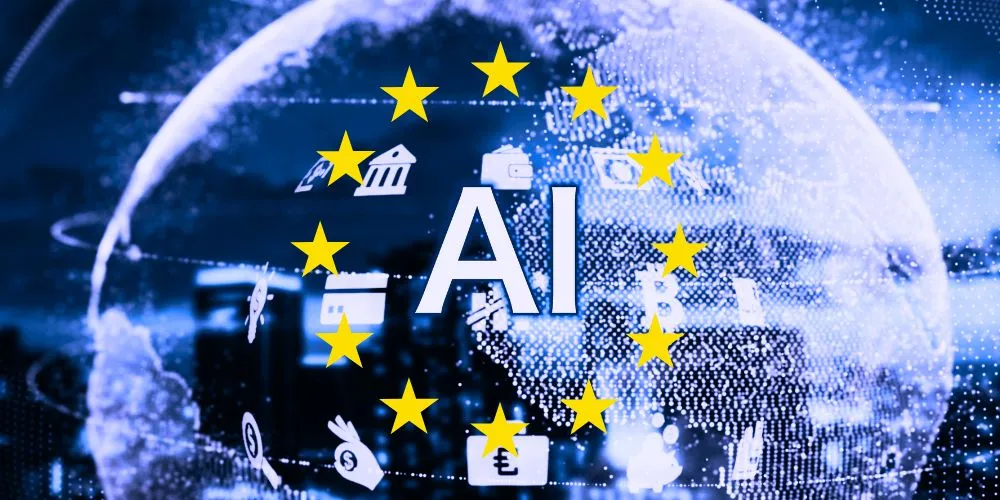Key Points
- The European Union has rejected calls from tech companies to delay the implementation of its new AI rules.
- Major firms, including Google and Meta, had requested a pause, citing high costs.
- An EU spokesperson stated firmly that there would be “no stop the clock” and “no pause.”
- Key provisions of the AI Act will take effect in August, with additional rules scheduled to come into effect in 2026.
The European Union is moving forward with its landmark artificial intelligence rules, rejecting calls from major tech companies, including Google and Meta, to pause the rollout. On Friday, the European Commission confirmed that the legal timeline for the new AI Act will not be altered.
In recent days, a growing number of U.S. and European companies have urged the EU to delay the legislation for years, citing concerns about the high costs and tough requirements needed to comply.
However, a Commission spokesperson shut down any talk of a delay. “Let me be as clear as possible, there is no stop the clock. There is no grace period. There is no pause,” he told reporters.
The AI Act is a first-of-its-kind set of comprehensive rules designed to put guardrails on a powerful technology that is shaping everything from business to daily life. The rollout is already underway. Some provisions took effect in February, and the next major step is scheduled for August, when new obligations for general-purpose AI models will come into effect. More rules for “high-risk” AI systems are scheduled to take effect in August 2026.
While the EU is standing firm on the main timeline, it has signaled that it may offer some relief for smaller businesses by simplifying certain digital rules and reducing reporting requirements later this year. But for the big players, the message is clear: the time to prepare for the new AI rules is now.




